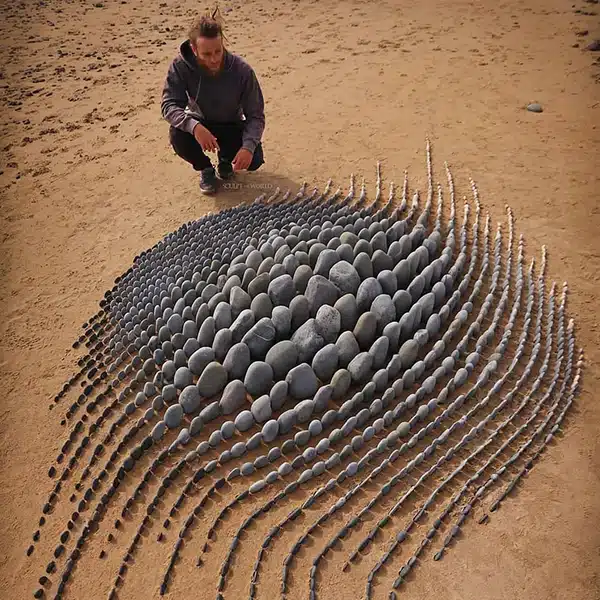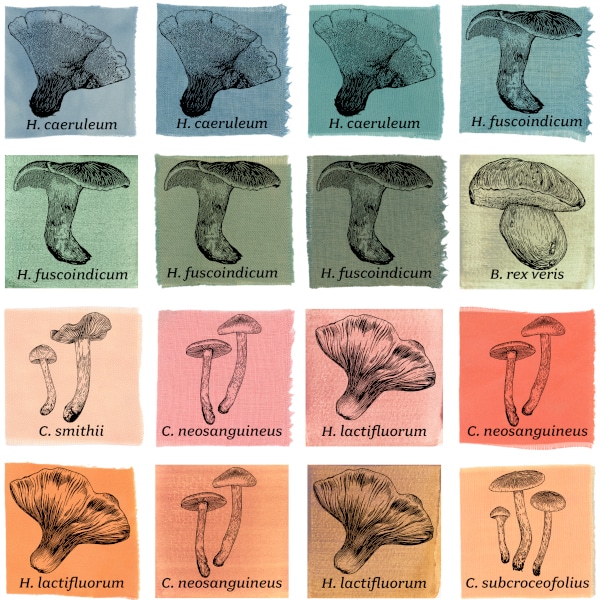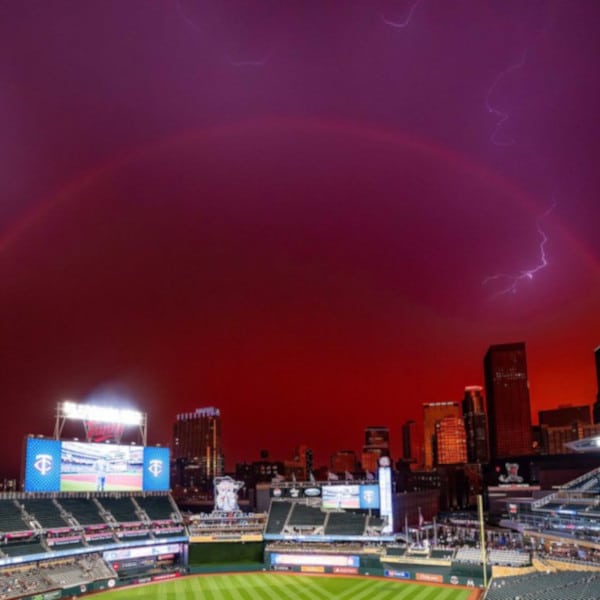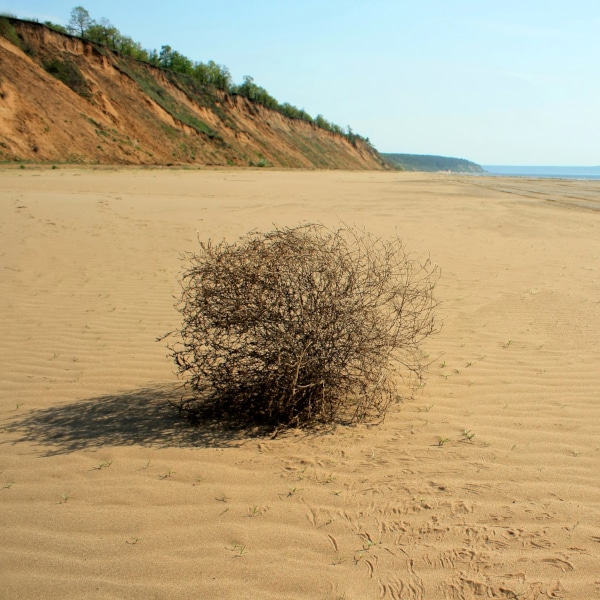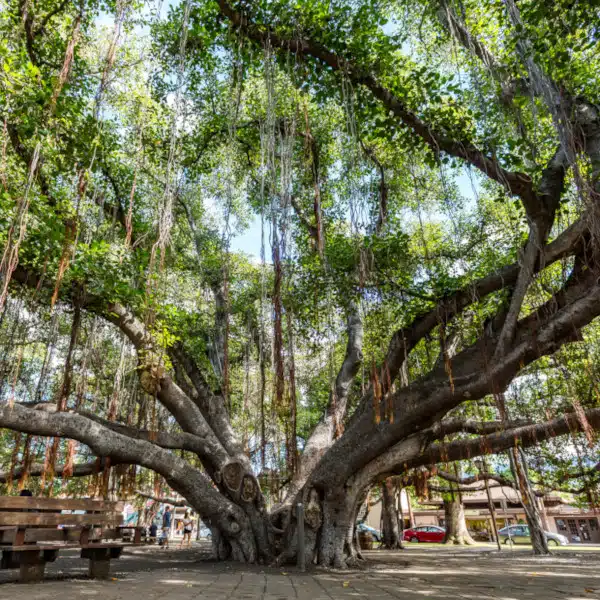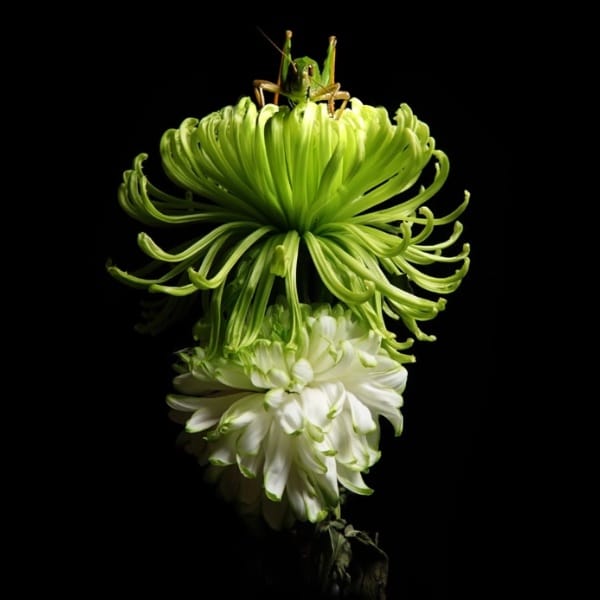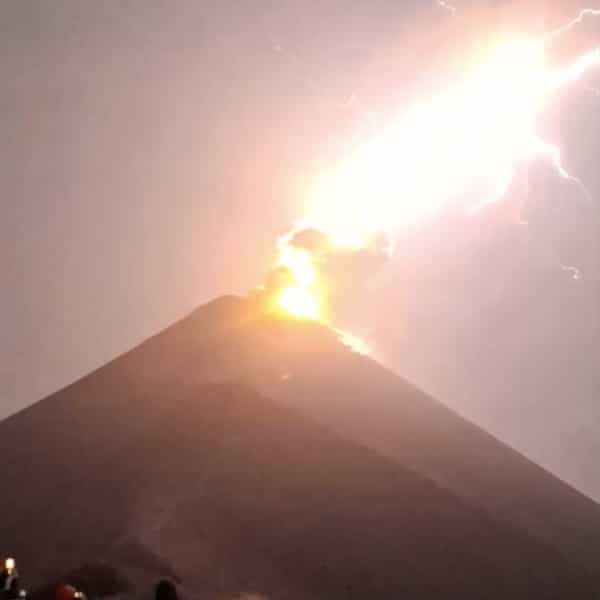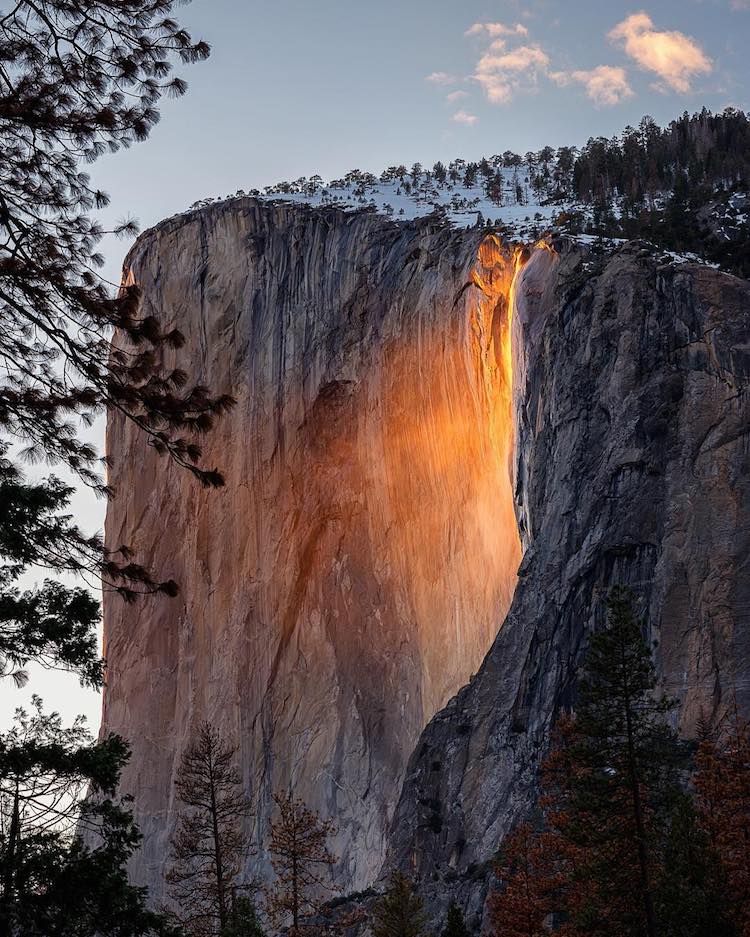
Photo credit: @rayophotography13
Late February in Yosemite National Park is a magical time of year. If the conditions are just right, its famous Horsetail Fall is ignited in a bright orange and red glow. Known as the Yosemite Firefall, the phenomenon makes the waterfall look as though it’s spewing lava down the side of rock formation El Capitan. What makes it even more special is that this mesmerizing effect lasts for only 10 glorious minutes.
According to a Yosemite Firefall website, several things have to happen—independently of each other— in order to see the light. First, Horsetail Fall must be flowing with water. “If there’s not enough snowpack in February,” the site explains, “there will not be enough snowmelt to feed the waterfall.” In addition, temperatures must be warm enough to melt the snow in the first place. Second, the western sky must be clear during sunset; otherwise, the sun rays will be blocked. “Winter weather can be highly variable in Yosemite, however, and days that start off cloudy can clear up by sunset.”
With these specific factors as requirements, it’s amazing that the Firefall happens at all. But, when it does, it’s akin to a supernatural experience. It's no wonder that both professional and amateur photographers flock to Horsetail Fall to capture the amazing sight.
When the conditions are just right, the Yosmite Firefall ignites the Horsetail Falls in a spectacle of brilliant, fiery light.
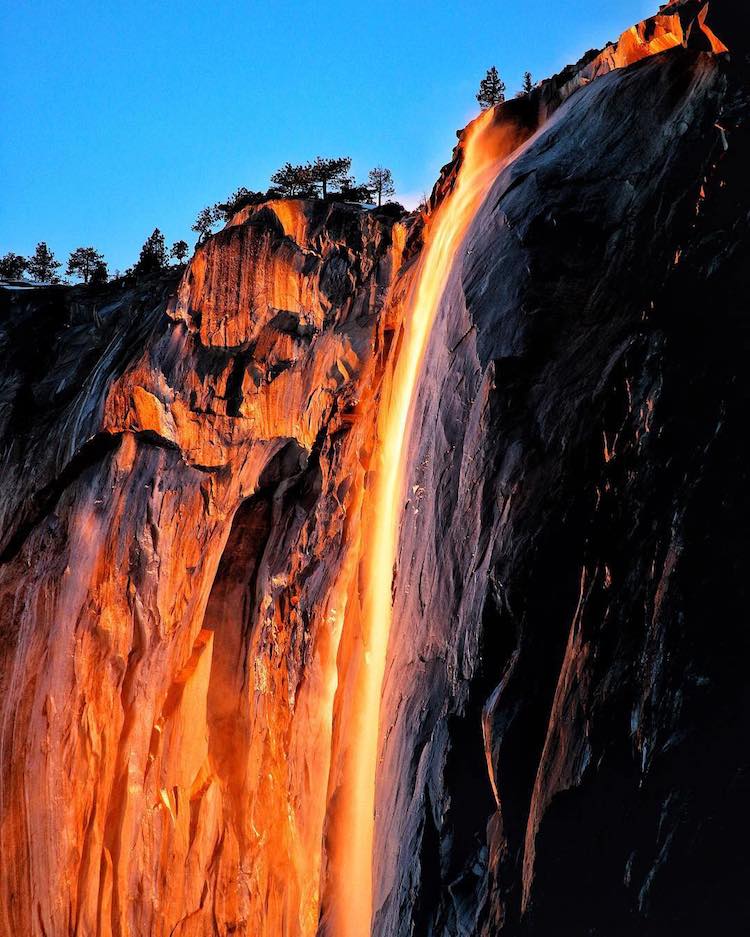
Photo credit: @broloelcordero
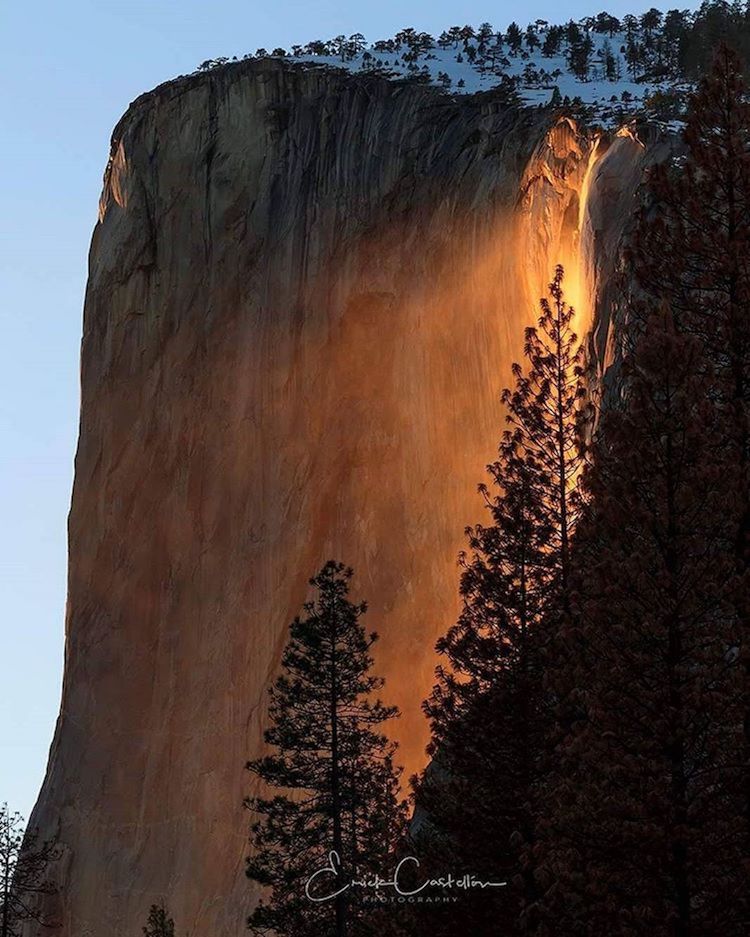
Photo credit: @ecastellon408
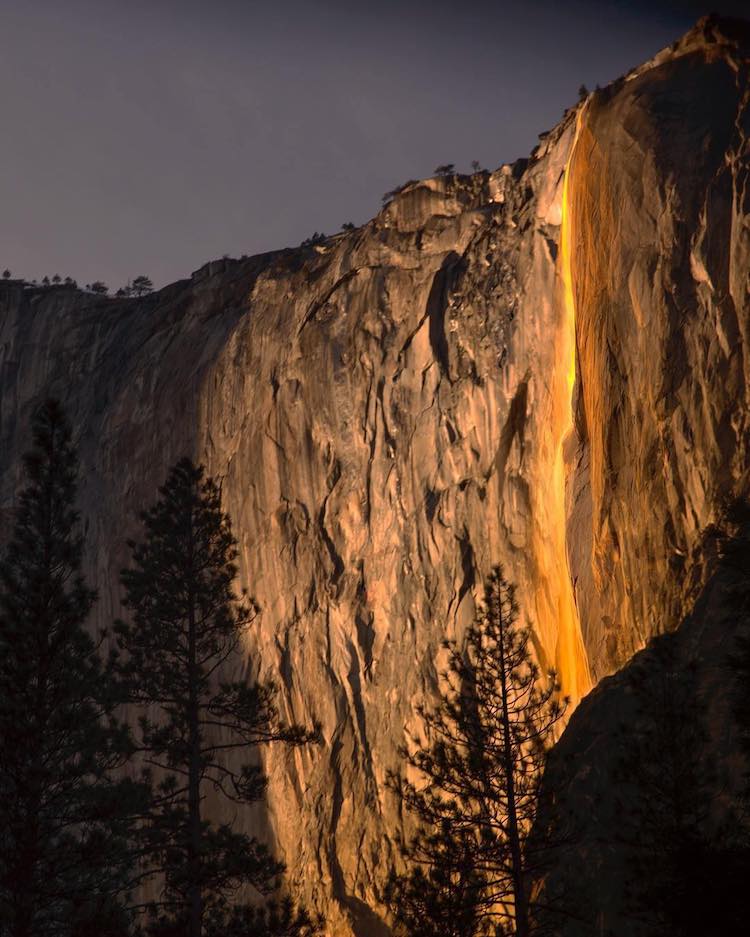
Photo credit: @i_markian
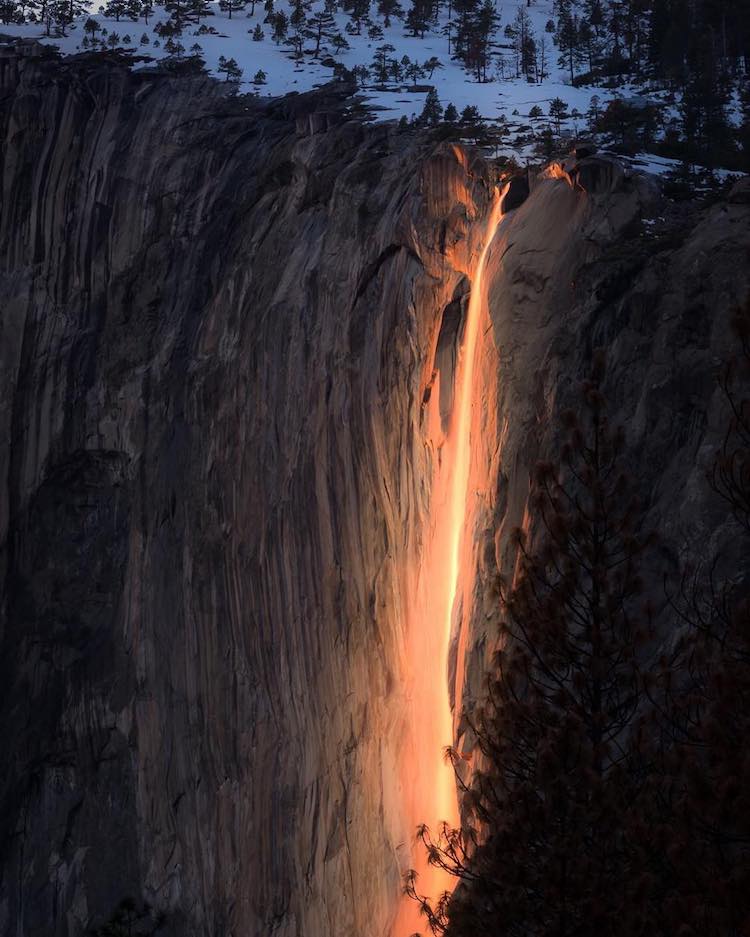
Photo credit: @sangeetadeyphotography
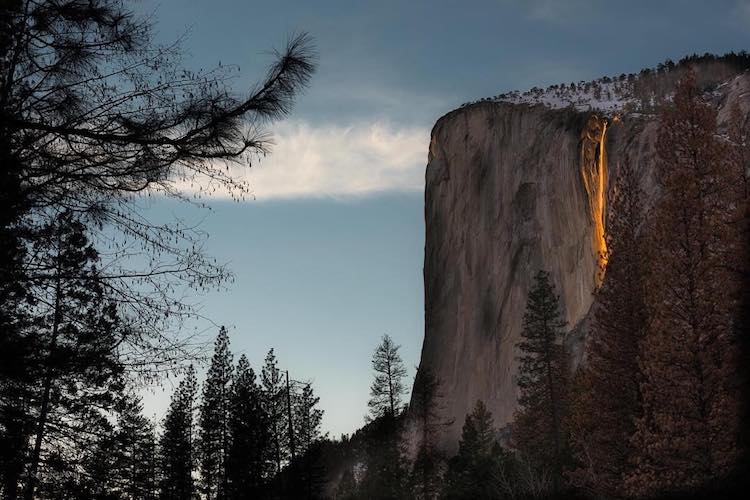
Photo credit: @sangeetadeyphotography

Photo credit: @acaurora
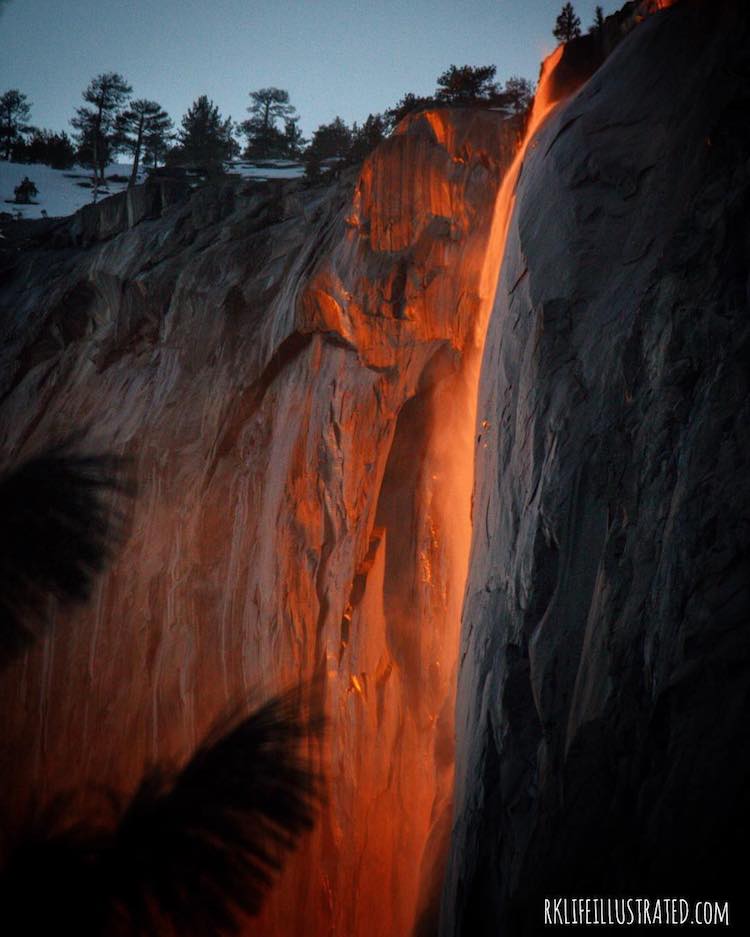
Photo credit: @robkugler
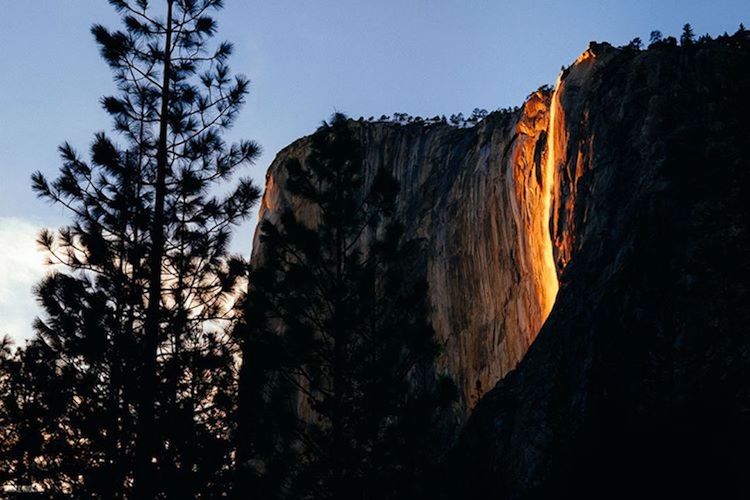
Photo credit: @vagabondvivant














































































